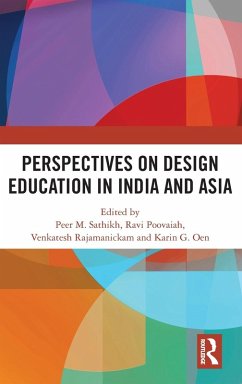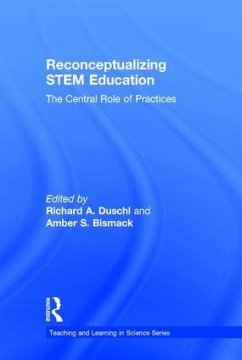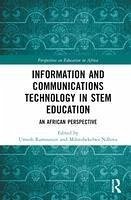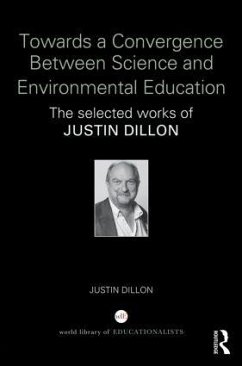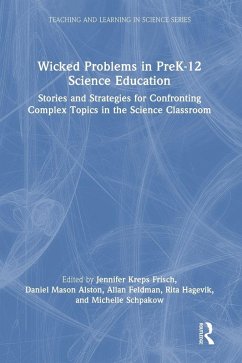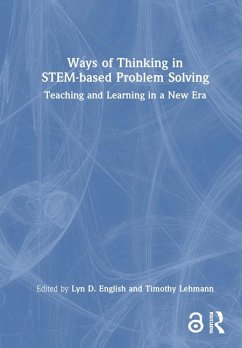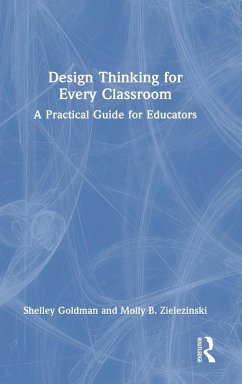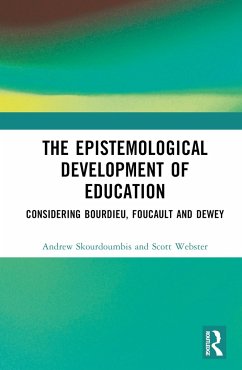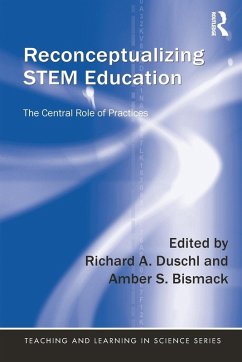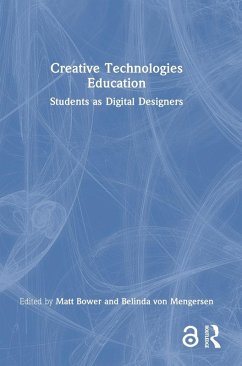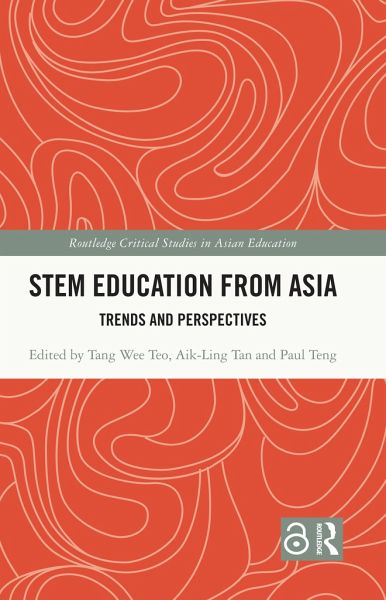
STEM Education from Asia
Trends and Perspectives
Herausgeber: Teo, Tang Wee; Teng, Paul; Tan, Aik-Ling
Versandkostenfrei!
Versandfertig in 1-2 Wochen
167,99 €
inkl. MwSt.
Weitere Ausgaben:

PAYBACK Punkte
84 °P sammeln!
Asia is the largest continent in the world. Five out of the top ten high performing economies in the Programme for International Student Assessment (PISA) 2018 are located in Asia. Why do Asian students perform so well in STEM-related subjects? This book answers this by examining the STEM education policies and initiatives in Asian economies, as well as the training programmes undertaken by STEM teachers in Asia. The book is broken into four sections, each accompanied by a passage of commentary that summarizes the key takeaways of the chapters. Section one focuses on STEM policy environments a...
Asia is the largest continent in the world. Five out of the top ten high performing economies in the Programme for International Student Assessment (PISA) 2018 are located in Asia. Why do Asian students perform so well in STEM-related subjects? This book answers this by examining the STEM education policies and initiatives in Asian economies, as well as the training programmes undertaken by STEM teachers in Asia. The book is broken into four sections, each accompanied by a passage of commentary that summarizes the key takeaways of the chapters. Section one focuses on STEM policy environments and how various countries have developed policies that promote STEM as an integral part of national economic development. Section two focuses on STEM teacher education in the Philippines and Thailand, while section three focuses on STEM curriculum design, context, and challenges in four Asian economies. The fourth and final section focuses on presenting snapshots of STEM education research efforts in Malaysia, South Korea, and Singapore. Written by Asian academics, this book will provide valuable insights to policy makers, educators, and researchers interested in the topic of STEM education, especially in the Asian context. Chapters 7 and 11 of this book are freely available as a downloadable Open Access PDF under a Creative Commons Attribution-Non Commercial-No Derivatives 4.0 license available at http://www.taylorfrancis.com




